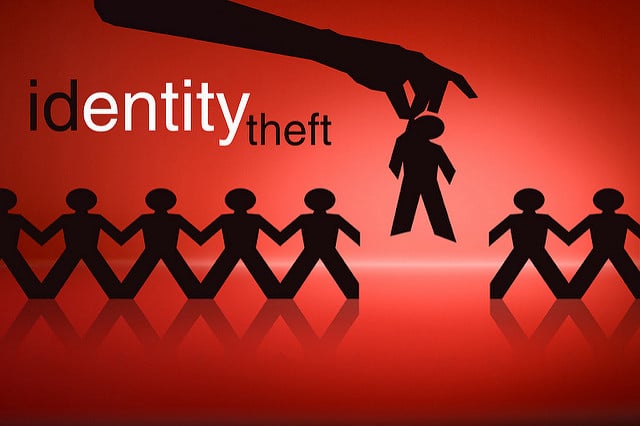The Rise of Identity Theft (Part I)
Identity theft has become one of the fastest growing crimes, not only in Canada but worldwide. Victims usually discover a problem after bills arrive or they were denied credit. By that time the thief has probably discarded the identity and moved on to a new one. In most cases, victims do not have to pay the huge bills racked up by the thieves. They must however face an average of 600 hours and thousands of dollars dealing with bill collectors, creditors and credit reporting agencies, trying to clear their names.
The living are not the only victims, the dead are often targeted too. In fact, thieves often prefer stealing the identities of the dead. Who’s going to call the police?
How Are Identities Stolen?
First the thief needs to collect only a few of the following pieces of personal information: birth name, address, date of birth, social insurance number, and/or mother’s maiden name.
Where Can Personal Information Be Stolen From?
An identity thief can easily get this information by stealing your mail, stealing or finding a lost wallet, sifting through your garbage for discarded credit card statements or any other documents that contain your personal information. A new goldmine for thieves is social networking sites like Facebook and LinkedIn. Too often people post way too much personal information like birthdays, full birth names, place of employment, telephone numbers, etc…
Simple Ways To Prevent Your Identification From Being Stolen:
Credit & Debit Cards
Sign all your cards as soon as you receive them. There is no need to carry all 6 credit cards & 4 debit cards you own. Only carry the one or two cards that you use the most often and cancel or safely store cards that you do not use.
Leave Home Without Them
No need to carry around your social insurance card, passport and/or birth certificate.
There are only a selected number of government departments and programs authorized to collect and use these forms of identification. Canada’s Personal Information Protection and Electronic Documents Act (PIPEDA) states that besides the government, your employer and bank can ask you for your social insurance number and that’s it. So when renting a car, booking a flight or even completing a credit application they cannot require you to consent to the collection, use or disclosure of your personal information. If you disagree with a request for your SIN made by an organization that is subject to the PIPEDA, you can file a complaint to the Privacy Commissioner of Canada, who will investigate the matter.
Passwords & Personal Identification Numbers (PIN)
Never give anyone passwords and/or personal identification numbers and try to change them number every 6 months.
Never use your birth date as your passwords and/or PIN. Always memorize them and never have a written copy.
Protect Your Cheques
When signing cheques or other important documents use a pen like a Uniball 207 which will help protect against a technique used by id thieves called cheque washing. This is when a criminal uses various solvents to remove data from a signed cheque — the “pay to” name, the amount– and replaces it with data more beneficial to the criminal: his own name, a larger amount.
Stay Tuned for The Rise of Identity Theft (Part II)
© The “Solutions Risque Tips” was written by Solutions Risque Montreal Private Investigation firm www.solutionsrisque.com. Permission is hereby granted to those who wish to share or copy this article. In those instances, the following Credit Statement must be included “The Solutions Risque Tips was written by Solutions Risque Inc. www.solutionsrisque.com“. Inquiries regarding Solutions Risque Tips should be directed to info@solutionsrisque.com

